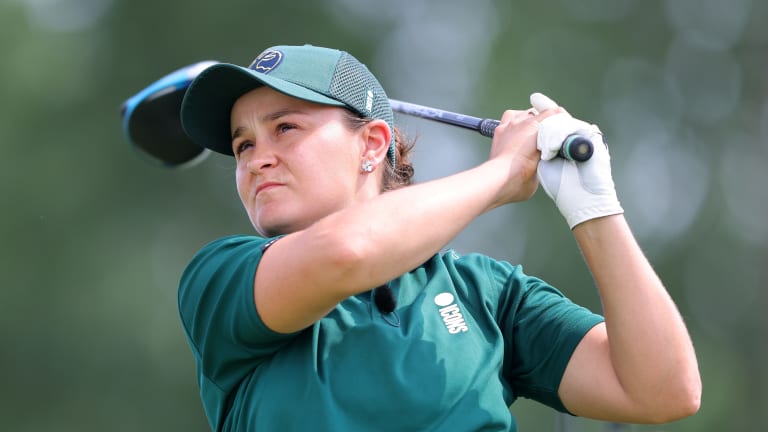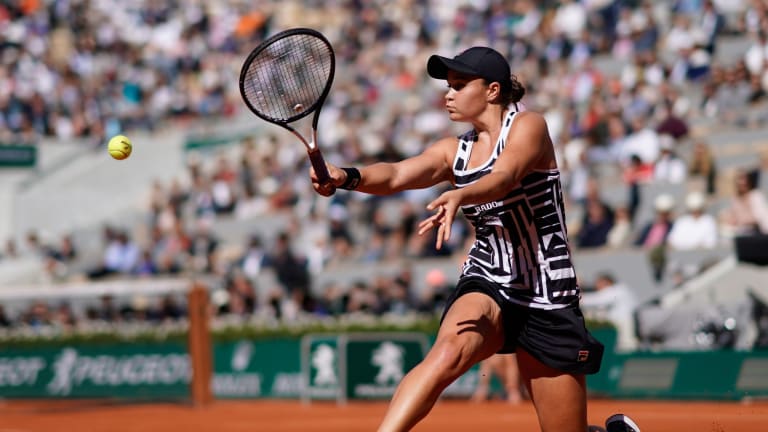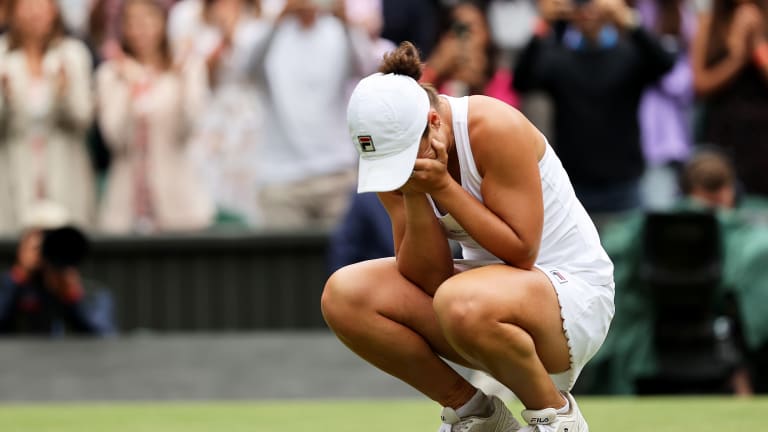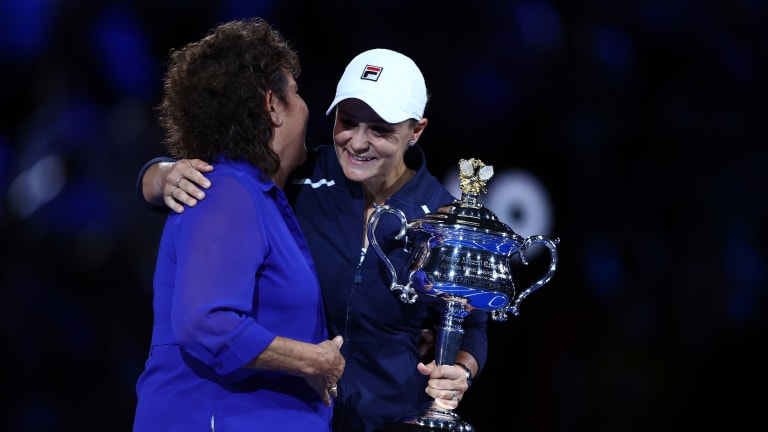2022 Year In Review
The Top 5 WTA Players of 2022: No. 5, Ash Barty
By Dec 05, 20222022 Year In Review
The Baseline Awards: Tearjerker Moment
By Dec 22, 20222022 Year In Review
The Baseline Awards: Biggest Question Mark
By Dec 21, 20222022 Year In Review
The Baseline Awards: Patriotic Performance
By Dec 20, 20222022 Year In Review
The 2022 Baseline Awards: Dual Threats
By Dec 19, 20222022 Year In Review
Top Fashion Moments of 2022: When Serena Williams twirled away in a diamond-encrusted dress
By Dec 17, 20222022 Year In Review
Top 5 ATP Players of 2022, No. 1: Carlos Alcaraz
By Dec 16, 20222022 Year In Review
Top Fashion Moments of 2022: When Jelena Ostapenko made you lewk
By Dec 15, 20222022 Year In Review
Top 5 ATP Players of 2022, No. 2: Rafael Nadal
By Dec 15, 20222022 Year In Review
Top Fashion Moments of 2022: Is Casper Ruud the style heir to Roger Federer?
By Dec 14, 2022The Top 5 WTA Players of 2022: No. 5, Ash Barty
The Aussie played just 11 matches this season—but the impact of her limited tennis was as significant as the gaping void that followed.
Published Dec 05, 2022
Advertising
Advertising

From tennis to cricket to tennis to golf: The Ash Barty Story
© Getty Images
Advertising

Barty's slice backhand was a devastating offensive play and a versatile defensive reset.
© AFP via Getty Images
Advertising

Barty's Wimbledon victory foreshadowed something grander in 2022.
© Getty Images
Advertising

You may take issue with Barty's inclusion on this list, given the Aussie's lack of play, but no WTA player won a more significant title.
© Getty Images